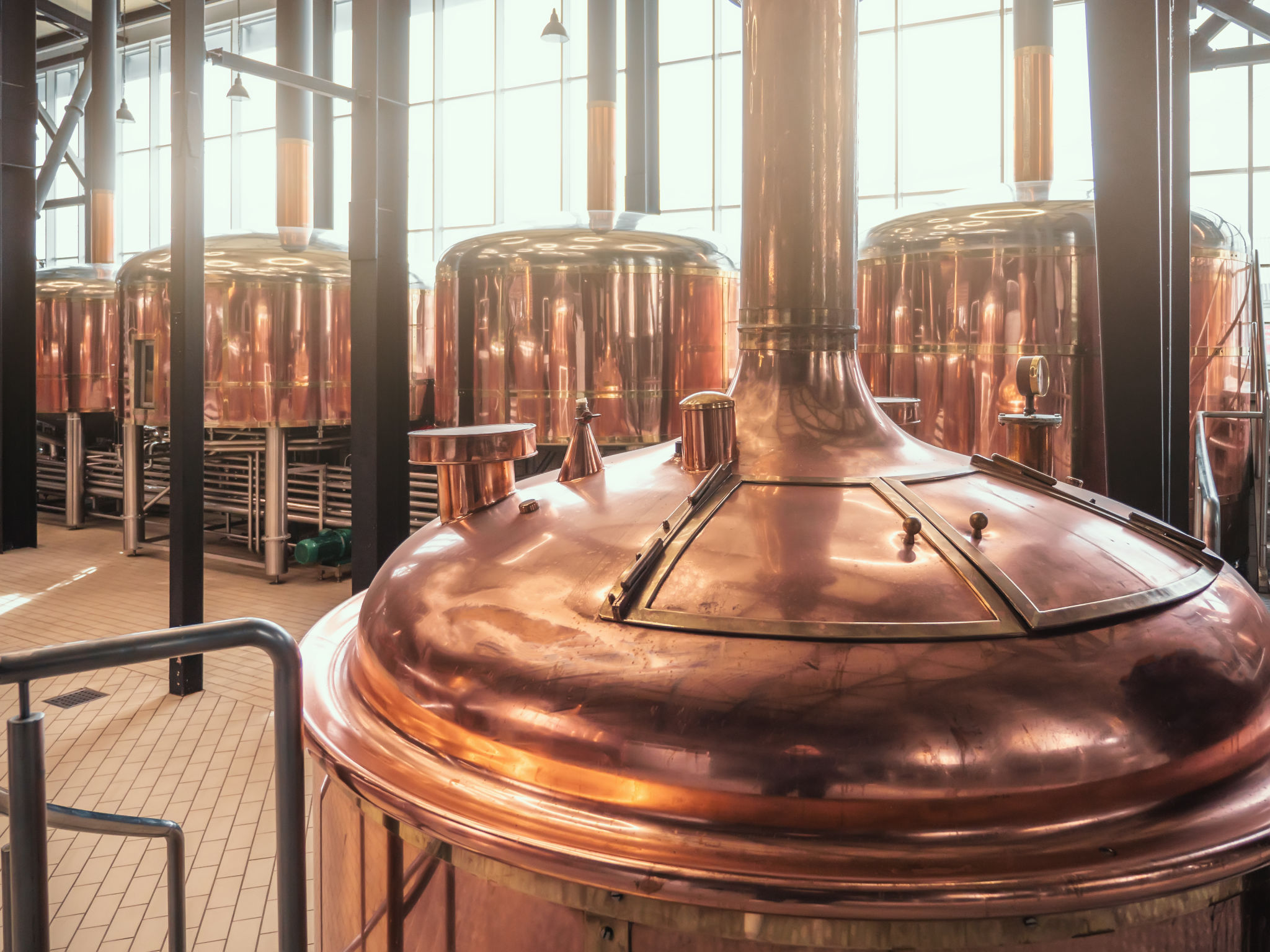Myth-Busting Liquor Marketing: Common Misconceptions Debunked
CD
Understanding the Liquor Market
In the world of liquor marketing, misconceptions abound, often leaving consumers confused and brand owners frustrated. As the industry evolves, it's crucial to separate fact from fiction to make informed decisions. In this post, we aim to debunk some of the most common myths surrounding liquor marketing.

Myth 1: Premium Price Equals Premium Quality
One of the most pervasive myths is that a higher price tag always indicates better quality. Although premium pricing can suggest exclusivity, it doesn't necessarily guarantee superior taste or craftsmanship. Many factors influence pricing, including branding, packaging, and marketing strategies. Consumers should research and sample products to determine quality for themselves.
Myth 2: Only Big Brands Can Succeed
Another common misconception is that only large, well-established brands can thrive in the liquor industry. In reality, small and craft distilleries are making significant inroads by offering unique flavors and personalized experiences. The rise of niche markets and consumer preference for artisanal products provide ample opportunities for smaller players to carve out their space.

The Role of Marketing in Liquor Sales
Marketing is often misunderstood as merely advertising and promotions. However, it encompasses a broader range of activities including market research, product development, and customer engagement. Effective marketing strategies are essential for a brand's success, regardless of its size.
Myth 3: Social Media is the Silver Bullet
While social media has transformed how brands engage with consumers, it's not a one-size-fits-all solution. Successful liquor marketing requires a mix of channels and tactics tailored to the target audience. This might include events, partnerships, or influencer collaborations in addition to social media efforts.

Consumer Preferences and Trends
Understanding consumer preferences is key to debunking myths. Today's consumers are more informed and adventurous than ever before. They value transparency, sustainability, and authenticity in the brands they choose.
Myth 4: Liquor Marketing is Only About Product Features
A common misconception is that liquor marketing should solely focus on product features like taste and ingredients. However, storytelling and brand values play a significant role in connecting with consumers. Highlighting a brand's heritage, mission, or social responsibility initiatives can differentiate it in a crowded market.
In conclusion, navigating the liquor market requires a keen understanding of both industry dynamics and consumer behavior. By debunking these common myths, brands can develop more effective strategies that resonate with their audience.
